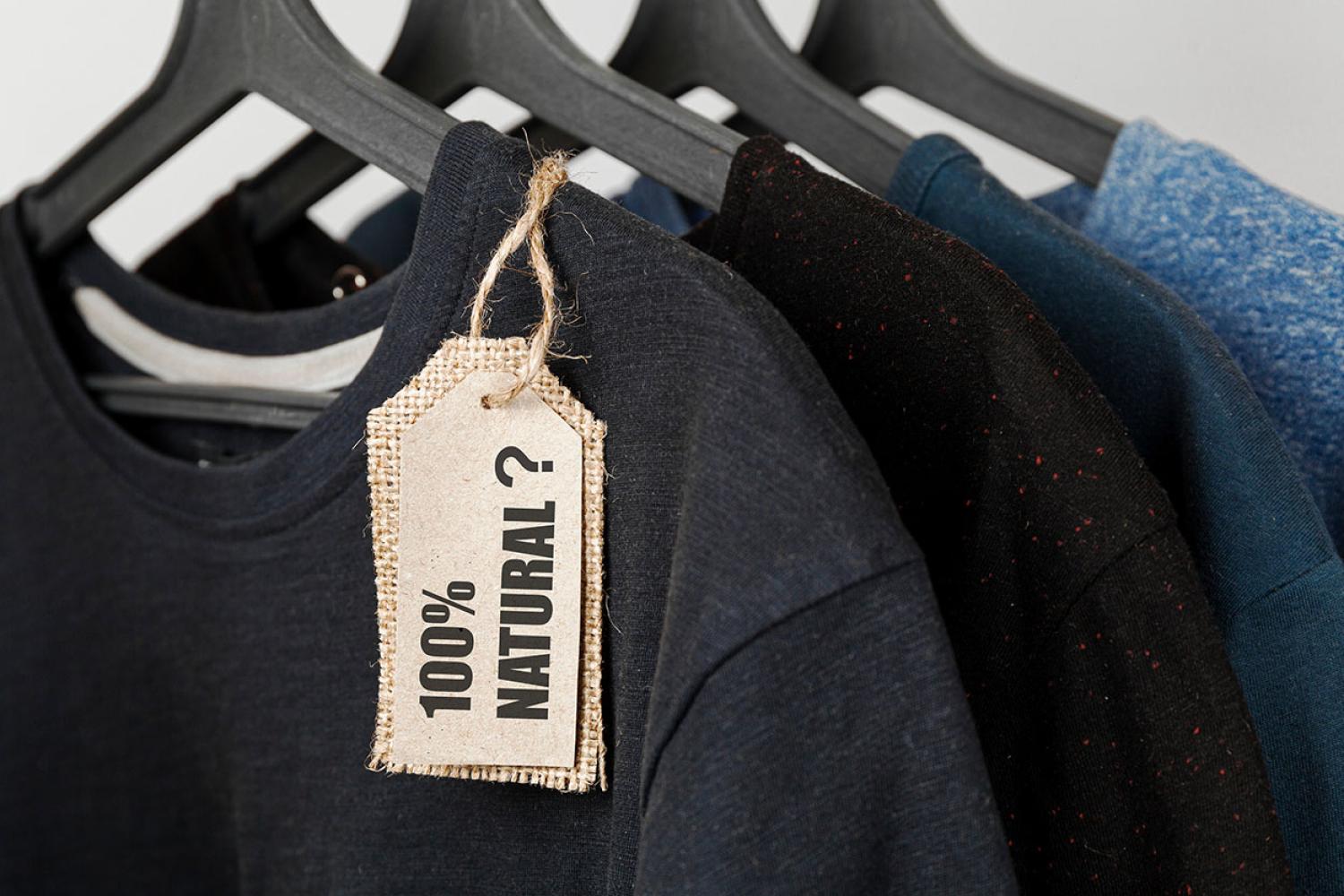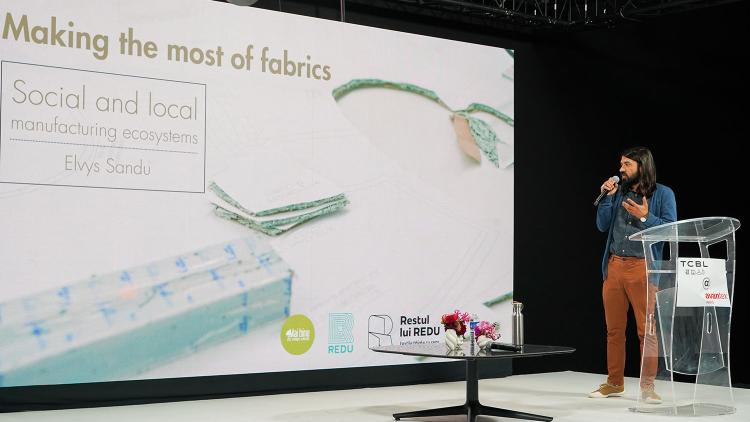Are sustainability certifications the only solution for SMEs and organisations?
This is an important and complex issue. Let’s take a step back to try to define sustainability, which is a much-used word. For us, it means a systemic approach to the transformation of the textile sector towards responsibility for people who work in this industry, for the planet’s resources that are limited, and to work within viable economic models.
Sustainability is most often “guaranteed” through dozens of standards that can be clustered into certifications e.g. Oeko-Tex or Global Organic Cotton Standard (GOTS), industry standards e.g. Sustainable Apparel Coalition (SAC), compliance rules e.g. REACH or holistic visions and initiatives e.g. B Corp or Clean Clothes Campaign (CCC). Applying each standard incurs high costs, internally to set up the processes and externally for the audits from accredited and independent bodies. In this context, only large industrial companies can afford to pay up to hundreds of euros per certification and per product (1), investing that money in return of large-scale production and sales of fibers, fabrics and garments. Certainly, certifications are not accessible to the SMEs that represent 99% of European textile and clothing production (2).
The question of standards also raises a debate about whether or not they in themselves are a form of “official greenwashing” as each standard qualifies only a small step in the value chain, as the audits are planned in advance, and as auditors’ independence may sometimes be questioned (3). Certainly, enterprises who engage in sustainable activities and choose to adopt a certification would be reluctant to adopt such labels if there were a greater awareness of the limitations of certifications to the point that they were to become counter-productive.
An alternative for small companies and organisations
In the Textile and Clothing Business Labs (TCBL) movement, we are engaged in sustainability through an alternative system that fosters experimentation, trust and support between members who all share actionable values . We believe that this socio-relational structure engages all members to achieve good, better and best actions all along the textile and clothing value chain.
The TCBL alternative to audits is the TCBL Protocol, included in the annual membership fee for companies and organisations. Each TCBL member is asked to climb up the sustainability ladder, within a time frame, and step by step – from a given starting point – and is being regularly peer-reviewed by rotating peer-experts to assess progress and points of attention. In this way, the movement towards sustainability takes place at each organization’s level but also benefits from the synergy of the whole group that moves forward collectively and systematically. The display of the TCBL logo or “label” is not a certification but a meaningful attestation of involvement in the community’s values and actions that are based upon those values.
Sources
(1) https://www.slowy.fr/labels/oeko-tex-standard-100/Y_TrwRAAACkAARbz
(2) https://www.modeintextile.fr/euratex-publie-vision-dune-nouvelle-strate…
(3) https://changingmarkets.org/wp-content/uploads/2022/03/LICENCE-TO-GREEN…
Words by Frédérique Thureau




